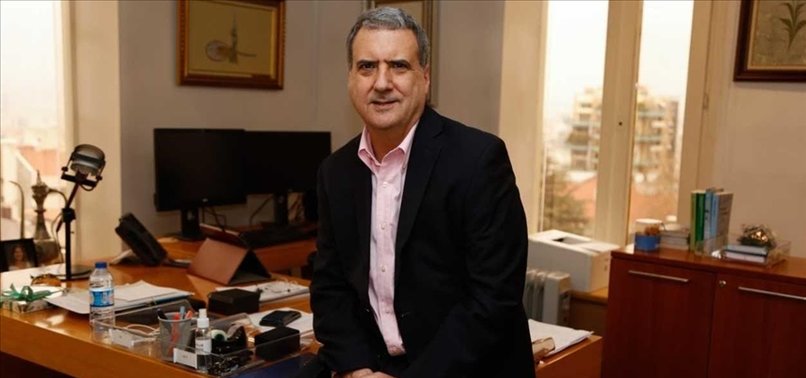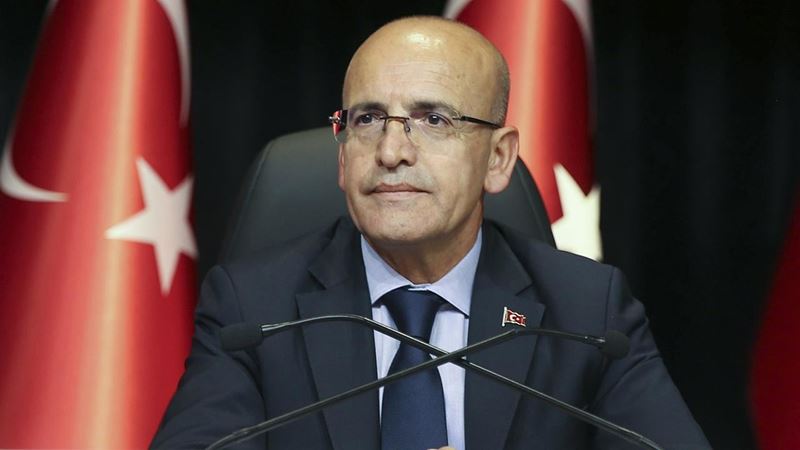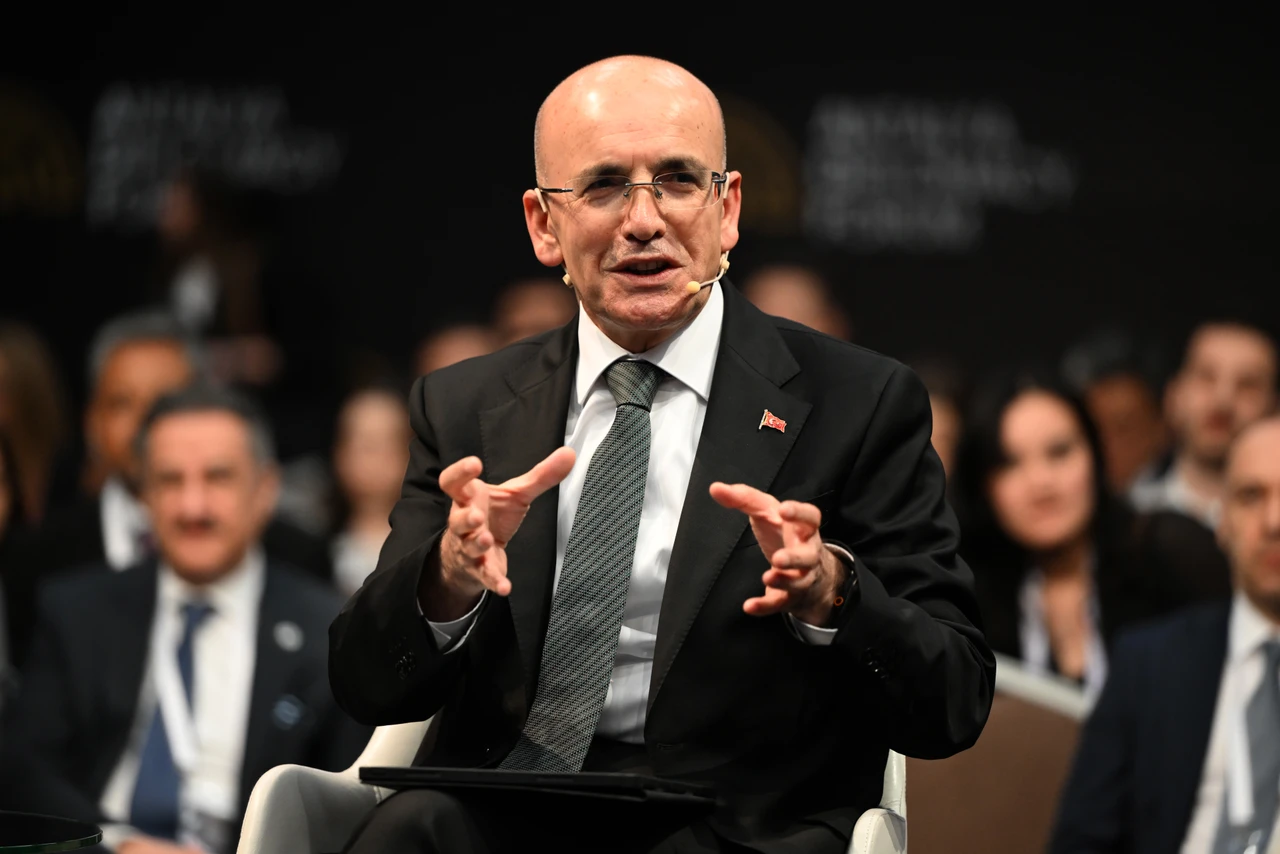World Bank Group unveils details of collaboration framework with Türkiye
Türkiye partners with World Bank Group for a multi-billion dollar development strategy focusing on productivity, employment and disaster resilience
The World Bank Group (WBG) Executive Directors Council has unveiled the “Country Partnership Framework (CPF)” for Türkiye, focusing on three key development strategies: increasing productivity, employment and enhancing public service delivery, as well as resilience against natural disasters.
The CPF, spanning from 2024 to 2028, aims to support Türkiye’s transition to high-income status, prioritizing the development of the private sector to transition into higher value-added and high-tech activities.
With a strong emphasis on collaboration, the framework reflects the growing partnership between Türkiye and WBG institutions (the International Bank for Reconstruction and Development, the International Finance Corporation (IFC) and the Multilateral Investment Guarantee Agency (MIGA)).
In addition to the existing country portfolio of $17 billion, WBG aims to provide an additional $18 billion during the framework period.
Focus on high and sustainable productivity increase

The CPF targets high and sustainable productivity increase through various objectives, from promoting climate-resilient agriculture to supporting economic recovery in areas affected by earthquakes like the ones in Kahramanmaras on Feb. 6, 2023.
Priorities include eliminating income and other inequalities, enhancing inclusive services for women, youth and vulnerable groups, improving employment and strengthening resilience against natural disasters.
Efforts to accelerate the use of digital technology

The collaboration framework also highlights the need to accelerate digitalization, vital for increasing productivity and improving public service delivery.
WBG will work in various areas to accelerate the use of digital technology, including enhancing the digital business ecosystem, supporting earthquake and climate-resilient urban planning and expanding hybrid education opportunities.
Aligned with Türkiye’s 12th Development Plan, the framework was developed through consultations with key stakeholders including the government, private sector, civil society, think tanks, academia and other development partners.
‘Türkiye has made significant progress over past 20 years’

Wiebke Schloemer, IFC Director for Türkiye and Central Asia, pointed out the dynamic private sector and entrepreneurial spirit as key drivers in the impressive growth witnessed in recent years.
Moritz Nikolaus Nebe, Deputy Director of Economics and Sustainability at MIGA, highlighted the Agency’s role as a reliable partner in supporting Türkiye’s dynamic private sector and sustainable infrastructure initiatives.
‘Türkiye, World Bank launch 5-year economic pact with $18B funding’

Minister of Treasury and Finance Mehmet Simsek highlighted the strong collaboration with the World Bank, stating the formation of a financial cooperation program for the next five years.
Simsek mentioned the additional $18 billion financing package that the World Bank will provide to Türkiye within three years under the Country Partnership Framework, with $6 billion expected from the International Bank for Reconstruction and Development (IBRD), $9 billion from the IFC and $3 billion through short-term guarantees from MIGA, with approximately two-thirds of the financing to be used for private sector development.
Source: Newsroom



